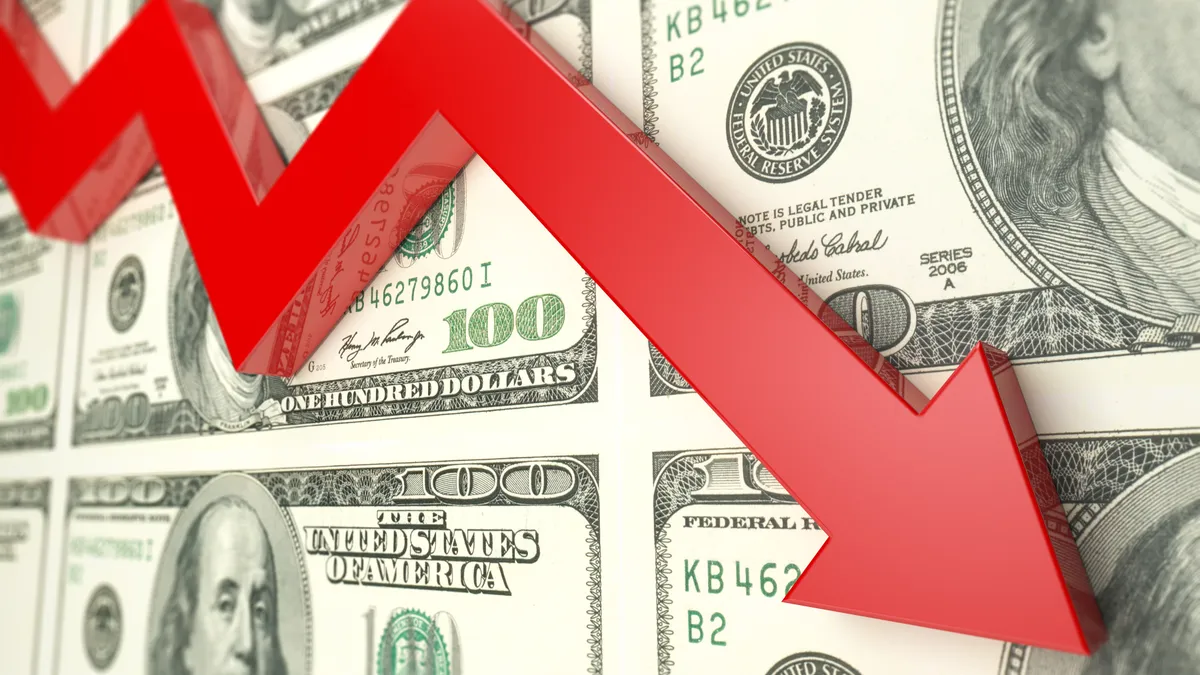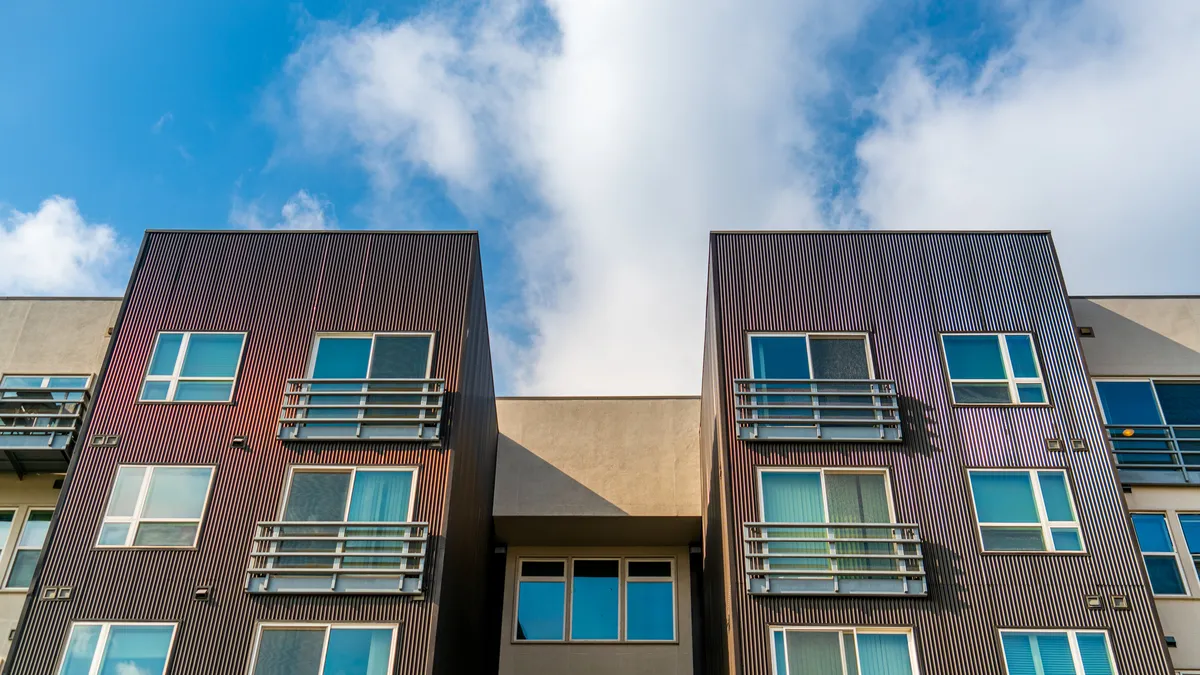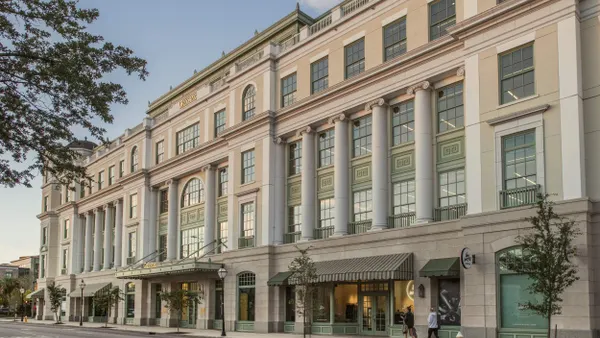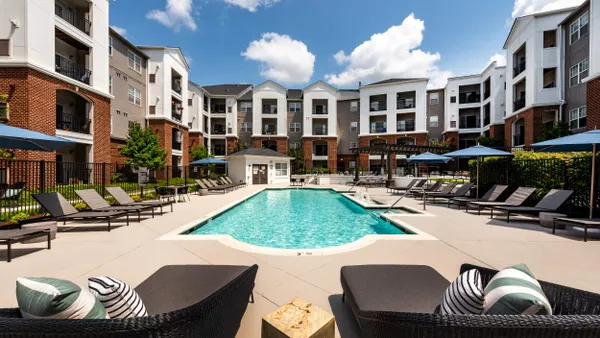Dive Brief:
- Apartment deal volume fell 17% year over year to $74.1 billion in the third quarter, according to the most recent Capital Trends report from MSCI Real Assets, a firm that provides tools and services for the global investment community.
- Without Blackstone’s $13 billion deal to take Austin-based student housing provider American Campus Communities private, sales volume would have slumped even more. The third quarter posted the second-highest volume for entity-level transactions, trailing only the $20.1 billion tallied in the fourth quarter of 2007.
- Although transactions fell, pricing still held up. The Real Capital Analytics (RCA) Commercial Property Price Indices (CPPI) for apartments rose 15.9% year over year in the third quarter. However, values have only risen at a 4.9% annualized pace from the second quarter of 2022. Cap rates sat at 4.4% after coming in at 4.6% in 2021’s third quarter, according to The RCA Hedonic Series.
Dive Insight:
There is no mystery why apartment sales volume has decreased and price increases are decelerating. Rising interest rates have made it harder to finance deals.
Portfolio sales saw the biggest decrease in the third quarter, falling 41% YOY. MSCI points out that the decline was from “an elevated level” in 2021. Individual asset sales fell 24% YOY to $52.7 billion, though they also posted volumes well above average the year before.
“Individual asset sales can present a clearer sign of the depth of investor demand in the market,” according to MSCI. “Such deals involve buyers underwriting deals based on the strength of individual assets and the income growth potential without broader portfolio effects papering over any potential problems.”
Mid- and high-rise sales volume fell less than garden apartments in the third quarter. However, the ACC-Blackstone deal was primarily mid- and high-rise assets, skewing the data. Cap rates for garden, mid- and high-rise assets sat at 4.4% YOY, according to MSCI. However, with mortgage rates rising, it’s hard for buyers to finance these purchases at such low cap rates.
Buyers either need to bring a lot of money to the table or contend with a negative leverage situation — where debt costs are higher than cap rates.
“If your cost of borrowing is 6% and you're buying at a 4.5% cap rate, your leverage is negative on day one,” Shakti C’Ganti, founder and CEO of Dallas-based apartment owner and operator Ashland Greene, told Multifamily Dive. “The key for everybody is the debt. How do you structure the capital stack in a way where it's accretive to the deal?”
In value-add deals, where the property should be producing higher rents in the future, investors can deal with this negative leverage. In other instances, it’s more difficult.
“If it's a brand new deal, you’re not able to add any other income drivers to it and you're stuck at a 4%, but you're borrowing 5% [interest rate], nobody is going to buy that deal,” C’Ganti said.
Click here to receive multifamily and apartment news like this article in your inbox every weekday.











